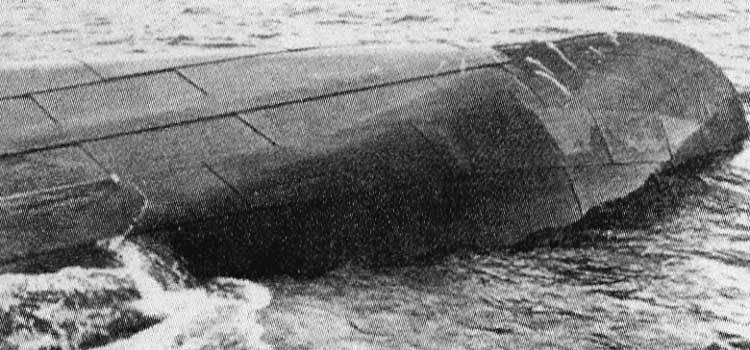From November 7th through November 10th, 1913, the Great Lakes were hammered by what was called the Great Lakes Storm of 1913, or much more ominously, the “White Hurricane.”
I love history when I have absolutely no insight before I start digging in. I am huge lover of shipwreck stories and came across White Hurricane by David Brown. It looked interesting enough and had great reviews. Little did I know what was coming.
The storm wreaked such savage destruction due to two major man-made issues. First, shipping on the Great Lakes was a massive industry. There was a lot of pressure on ship captains to keep sailing until the last possible moment. For the Great Lakes, the last possible moment is early November. And sometimes, like with the White Hurricane, it’s past the last possible moment.
The second factor was the fledgling weather service. We complain about meteorologists being wrong constantly, but back in 1913 it was much worse. The weather service was not good at predicting the weather. However, what was worse was the politics. Weathermen were often scared to declare a massive storm was coming. They often feared they would damage shipping interests and had tremendous pressure to downplay or ignore their instincts.
The results would be disastrous. Nearly 40 ships were destroyed including 12 which were completely lost with all hands killed. Over 250 people lost their lives. The most poignant for me was Lightship LV-82, Buffalo, which was the only vessel lost on Lake Erie. The men on board disappeared with the Lightship. During a time of absolute catastrophe, it stings more when the people out there to protect others end up being victims as well.
I ended up reading two full length books on the storm, White Hurricane as mentioned above and November’s Fury by Michael Schumacher. I compared them in a battle of the books. Both books are excellent, and the facts are basically the same. Both authors did their homework. The biggest similarity is the feeling of being completely overpowered by Mother Nature. Couple that with a deadly irony which the books explore: you are better off staying in the middle of a lake in a storm than running for shore. I don’t know much about shipping (actually, literally nothing) and this fact was amazing to me. The ships which fared the best were the ones who braved the storm in the middle of the lakes. It let them control their boats to keep moving with the storm without smashing into rocks. Many of the ships mentioned above were the ones who tried to make a mad dash back to port.
The old adage in that part of the country is true. Don’t get on a boat come November.
For more:
White Hurricane by David G. Brown
November’s Fury by Michael Schumacher
If you’re lazy, https://en.wikipedia.org/wiki/Great_Lakes_Storm_of_1913.


Leave a Reply
You must be logged in to post a comment.